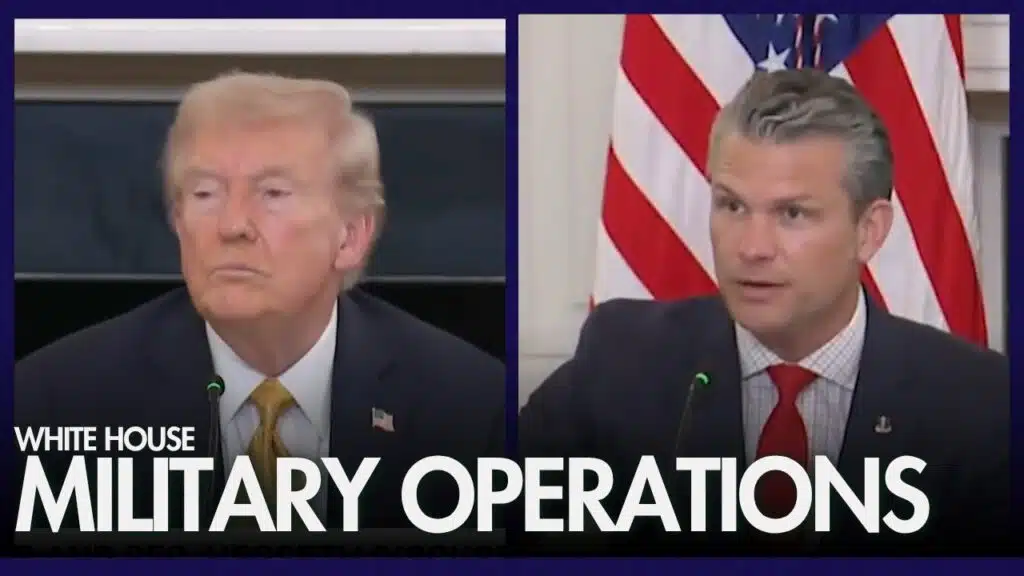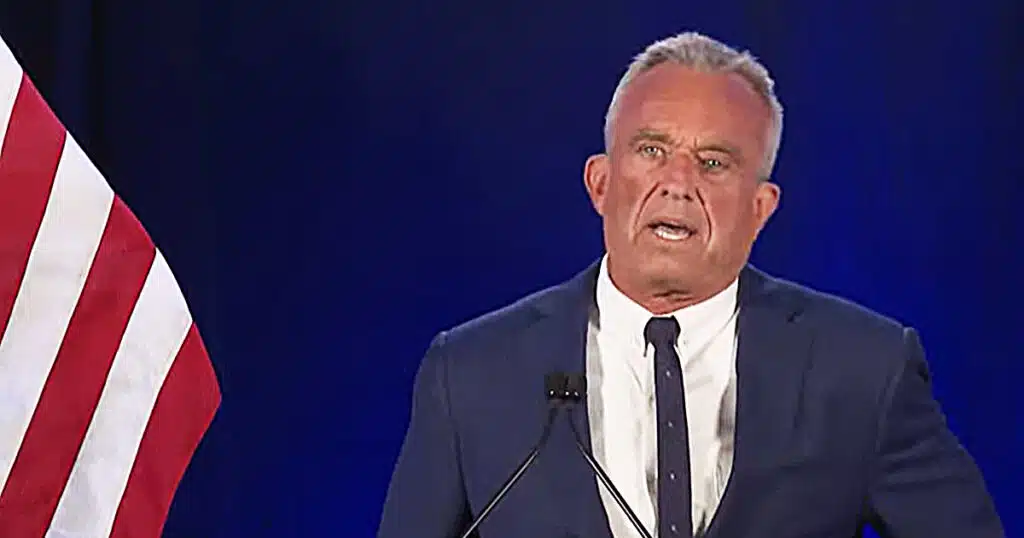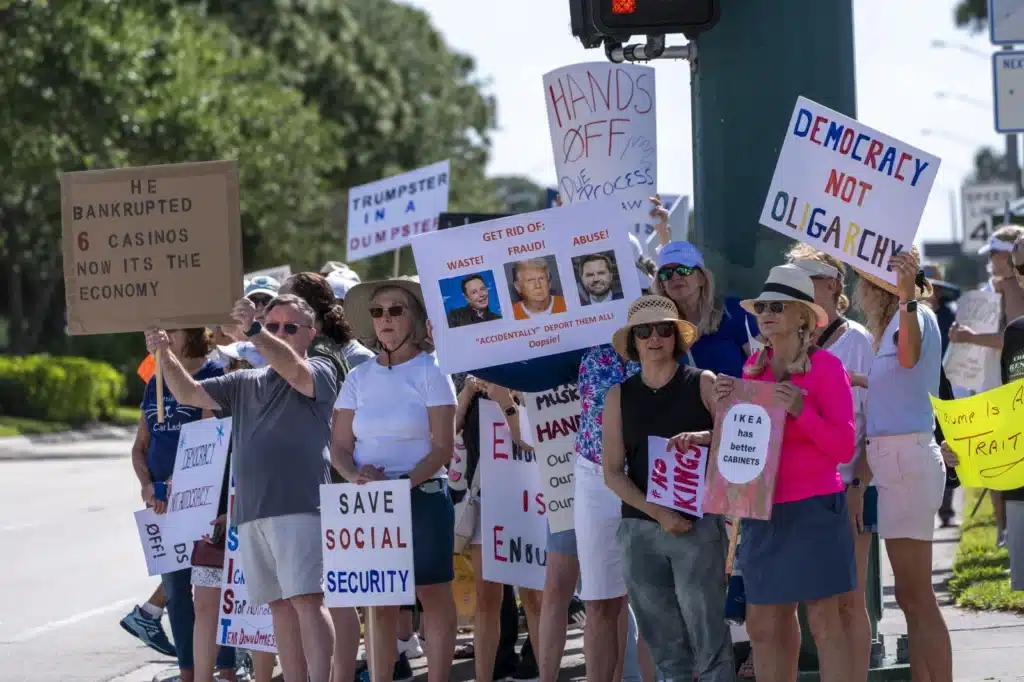
Stochastic Terrorism and the Left’s Targeting of Opposition Leaders
The term stochastic terrorism refers to the phenomenon where public rhetoric, either through speeches, media, or social platforms, vilifies a person or group so consistently that it increases the chance that someone acting independently will commit an act of murder or assassination. The perpetrator is always careful to avoid explicit calls to violence, but the cumulative and relentless effect of demonization and fear-mongering makes violent acts far more probable.
In recent years, there has been growing concern about the use of such rhetoric by prominent woke leftist public figures. Opposition leaders are increasingly portrayed not merely as political opponents but as existential threats to democracy and human life in general. This dehumanization has real-world consequences, as evidenced by several recent incidents.
Understanding Stochastic Terrorism
Stochastic terrorism unfolds when a target is demonized, narratives are amplified, and unpredictable violence follows. A political figure is portrayed in apocalyptic language: “fascist,” “Nazi,” “traitor,” or a “threat to our democracy.” Media outlets and social platforms repeat these frames until they form a kind of persistent ambient background noise. Someone already angry, unstable, or radicalized may interpret the relentless bombardment as license for violence and a call to action. Though leaders who use strong rhetoric can claim they never explicitly asked for violence, the social environment shifts.
Several high-profile leftists have contributed to this climate. Former Vice President Kamala Harris, for example, labeled Donald Trump a “fascist” seeking “unchecked power” and warned that his admiration for figures like Hitler revealed dangerous intentions. Hillary Clinton compared Trump’s rally at 2024 Madison Square Garden to a 1939 Nazi rally and described him as a threat to democracy, explicitly drawing historical parallels to Adolf Hitler. House Majority Whip James Clyburn likened Republicans under Trump to Nazi Germany, expressing alarm that the GOP was enabling authoritarianism. Alexandria Ocasio-Cortez similarly compared Trump’s anti-immigrant rhetoric to that of Hitler, highlighting the danger she claims she saw in his policies and public statements.
Recent Examples
The Assassination of Charlie Kirk
As everyone knows, in September 2025, conservative activist Charlie Kirk was assassinated while speaking at Utah Valley University. The assailant, positioned on a rooftop, shot Kirk from a distance. Prosecutors have stated the act was premeditated and politically motivated. In his writings, the assassin expressed rage against what he described as Kirk’s “hatred,” echoing the intense demonization by left-leaning voices in media and politics.
The Attempts on Donald Trump
Donald Trump has survived multiple assassination attempts. One of the most prominent occurred in Pennsylvania in July 2024, when Thomas Matthew Crooks fired from a rooftop at a Trump rally, injuring attendees and narrowly missing the former president. Just months later, in Florida, another man, Ryan Wesley Routh, was arrested after being found with a rifle near a Trump golf course. He was later convicted on federal charges, including attempted assassination. These plots reveal the growing vulnerability of opposition leaders in a climate where their portrayal as urgent threats by deranged leftist leaders has become routine.
The Plot Against Brett Kavanaugh
In June 2022, an armed man was arrested outside Supreme Court Justice Brett Kavanaugh’s Maryland home. He carried a firearm, ammunition, and burglary tools, and later admitted that he intended to kill the Justice. His motivation, according to investigators, was fear that Kavanaugh would help overturn progressive legal precedents. This attempt came after weeks of heated rhetoric by leading Democrats describing the Court as illegitimate and dangerous following the leaked draft opinion in Dobbs v. Jackson.
Ideologically Driven Shootings
Some violent episodes involve perpetrators who identified as transgender, often exposing rhetoric that frames conservative leaders as pure evil. The recent shootings in Nashville, Denver, Aberdeen and Colorado Springs were all carried out by trans or non-binary individuals, who were whipped up into a frenzy of hate by leftist politicians and media personalities constantly reenforcing the idea that trans people are victims. The Annunciation Catholic Church shooting involved a perpetrator with a transgender identity who had posted violent threats online, exemplifying the risks inherent in dehumanizing rhetoric.
From Rhetoric to Reality
These incidents show how rhetoric can spill into reality. When public figures are cast as dangerous villains, the likelihood that someone will try to stop them through violence rises. Charlie Kirk’s assassination, the attempts on Trump, the plot against Kavanaugh, and ideologically driven shootings all highlight the risks of normalizing apocalyptic language about political opponents.
If stochastic terrorism becomes a standard political tactic, it corrodes democratic life. Opposition leaders are seen not as rivals in a contest for power but as enemies to eliminate. Violence becomes expected, threats routine, and political life dangerous.
The casualties are broader than those directly targeted. Public trust in institutions erodes when political conflict is defined in apocalyptic terms. Citizens lose faith in the fairness of the system, and the idea of settling disagreements peacefully at the ballot box weakens. Perhaps most troubling is the plausible deniability that shields those who deploy inflammatory rhetoric. No one ever admits to calling for murder, but the cumulative effect of their language makes it more likely to happen.
Let’s face it, the left loves that kind of nebulous gray area they exploit for political gain. As we know through countless examples, they view everything through the lens of power. While spewing nauseating sanctimony over the importance of protecting human rights, woke leftists look at every tactic from a cost/benefit perspective. If stochastic terrorism brings them closer to their lust for authoritarian control, so be it, and if a few of their opponents are eliminated along the way, all the better.
A Call for Reflection
Addressing this issue requires more than condemning violence after it happens. It requires an honest look at how language functions in a politically polarized society. Left-wing leaders, commentators, and media personalities must recognize that words carry weight. Casting rivals as monsters may feel good, but it risks pushing unstable individuals toward violence.
Maybe they don’t care. Worse, maybe that’s the entire goal.



